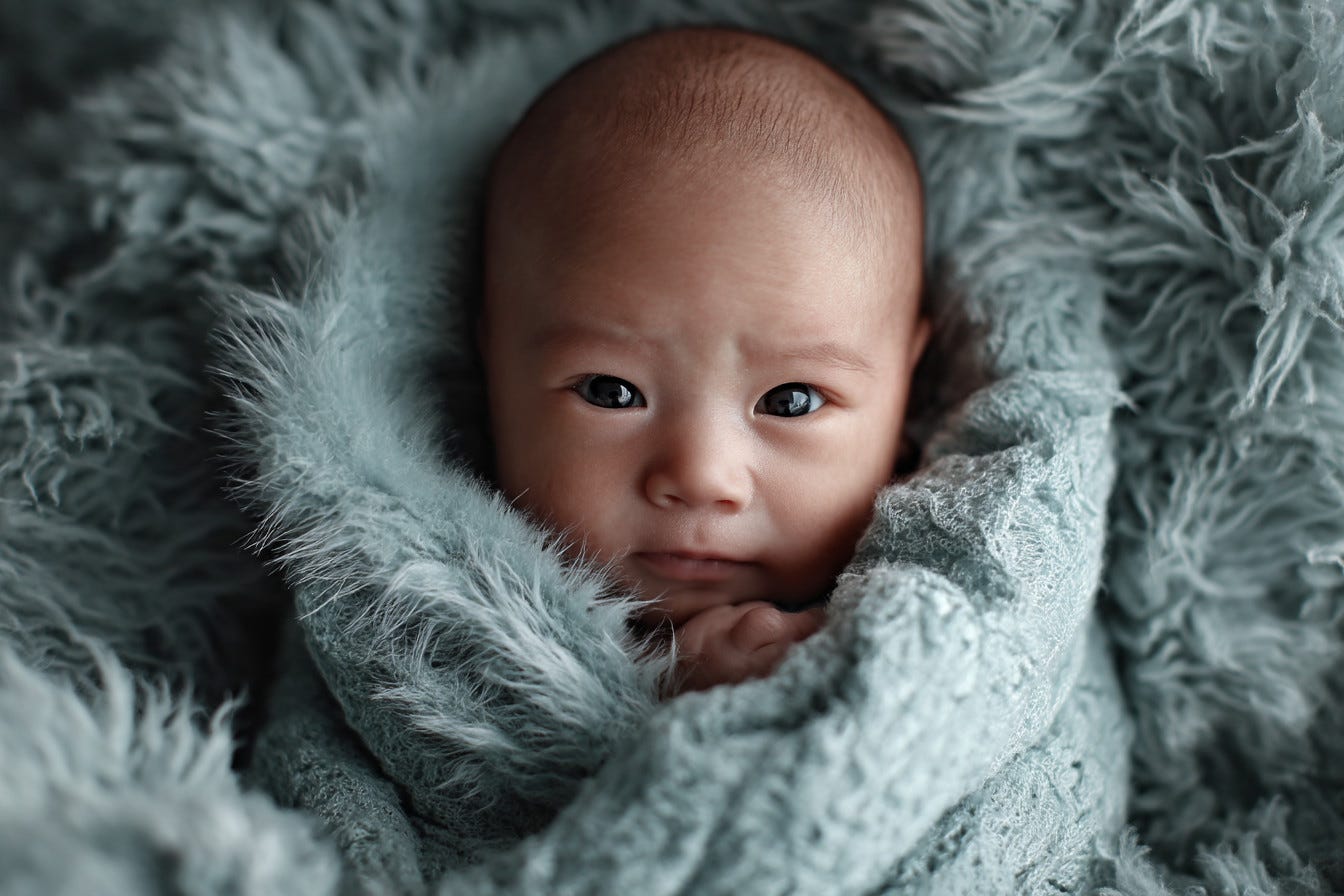This little debate on abortion got me thinking.
When we talk about abortion, it’s easy to get caught up in charged language—words like murder, life, innocence. But I believe we make more progress when we take a step back and reflect quietly, with an honest appreciation for nuance. One helpful way to begin is by being clear about what exactly we mean when we use words like human, person, child, or fetus.
I prefer to talk about people, because it is people our laws are designed to protect. An embryo, for instance, is not a person in any meaningful sense. It has no brain, no capacity to think, no agency. Whatever your moral convictions, it’s hard to argue that something with no consciousness or awareness qualifies as a person in the ordinary sense of the word.
And yet, many religious traditions assert that from the moment of conception, a human life begins—meaning not just a biological process, but a person with moral and legal standing. I can’t agree with that. It flattens the complexity of human development into an artificial boundary line.
It is fair to ask, then: When does a fetus become a human? At birth? At viability? At some earlier stage? I don’t think that question has a sharp answer—no more than the question of when childhood ends and adulthood begins. We settle on things like the age of 18 not because the transformation happens all at once, but because life is messy, and at some point a line must be drawn for practical purposes.
Biology, too, resists firm boundaries. There is no exact moment in evolutionary history when a species splits from its ancestor and becomes something new. It’s all gradual transitions. The same is true for fetal development. We are not flipping a switch between non-person and person; we are watching a slow and remarkable unfolding.
This is where religious thinking and scientific thinking often part ways. Religion seeks clarity through absolute categories. Science, in contrast, reminds us how fuzzy and contingent so much of reality is. Taxonomy is often arbitrary. Definitions are tools, not truths.
And so, when it comes to abortion, I think it makes sense to treat the rights and protections of the unborn child as existing on a sliding scale. The closer a fetus is to full development and birth, the stronger those protections should be. Early in pregnancy, when the fetus lacks anything resembling a mind, there is a different moral landscape.
It matters what is lost. If a mother loses an embryo early in pregnancy, it is sad, but it is not the same grief, the same catastrophe, as losing a near-term fetus. And most of us, intuitively, know this. We can feel it.
In the end, I think our laws and ethics should reflect that intuition—not with cold abstraction, but with compassion and a deep respect for complexity.





A cutoff point for abortions could be about 19 weeks, when a fetus demonstrably can experience pain. Some might argue it should be when a fetus can survive outside the womb, 24 weeks. Religion can be applied to,personal choice, but should not be a guide in democratic policy making in a secular nation (and all nations should be secular states).